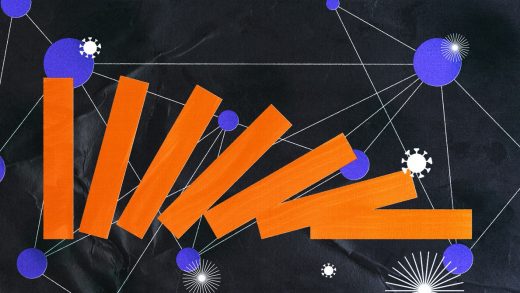
Apple urged a London tribunal on Tuesday to block a $2 billion (roughly Rs. 163 crore) mass lawsuit accusing it of hiding defective batteries in millions of iPhones by “throttling” them with software updates.
The tech giant is facing a lawsuit worth up to 1.6 billion pounds plus interest, brought by consumer champion Justin Gutmann on behalf of iPhone users in the United Kingdom.
Gutmann’s lawyers argued in court filings that Apple concealed issues with batteries in certain phone models and “surreptitiously” installed a power management tool that limited performance.
Apple said in written arguments that the lawsuit is “baseless” and strongly denies its iPhones’ batteries were defective, apart from in a small number of iPhone 6s models for which it offered free battery replacements.
The company also says its power management update – introduced in 2017 to manage demands on older batteries or with a low level of charge – only reduced an iPhone 6’s performance by an average of 10 percent.
Gutmann on Tuesday asked London’s Competition Appeal Tribunal to certify the case and allow it to proceed towards a trial.
His lawyer Philip Moser referred to Apple’s 2020 agreements to settle a US class action and regulatory action by US states over iPhone battery issues as showing Apple was not “saying this never happened”.
Apple had also committed to being “clearer and more upfront” with iPhone users about battery health to Britain’s competition watchdog in 2019, Moser said.
The company denies misleading its customers about iPhone battery issues and points to a public apology it issued in 2017, offering cheaper battery replacements to affected customers.
Apple’s lawyer David Wolfson said in court filings that the lawsuit effectively alleges that “not all batteries could deliver the peak power demanded in all circumstances at all times”, which was common to all battery-powered devices.
© Thomson Reuters 2023


